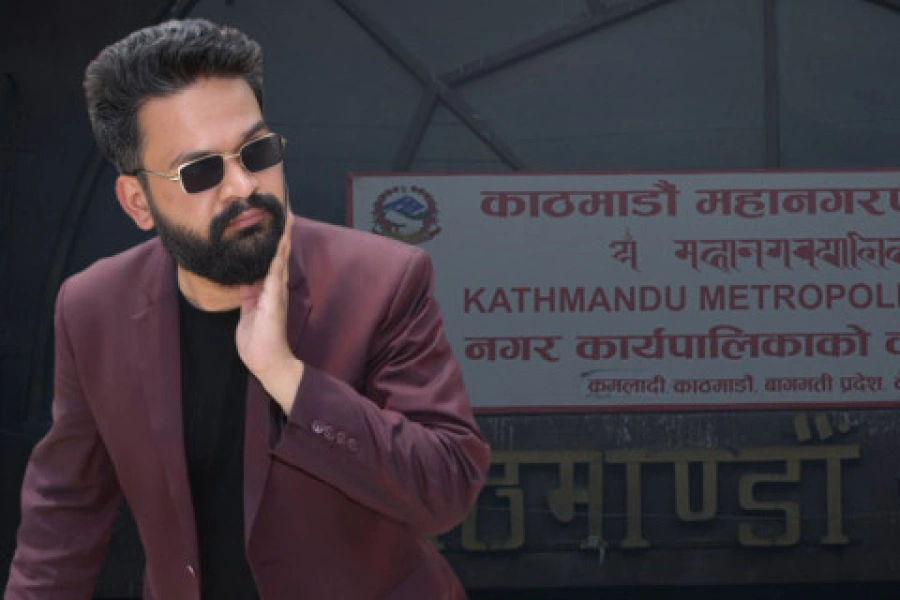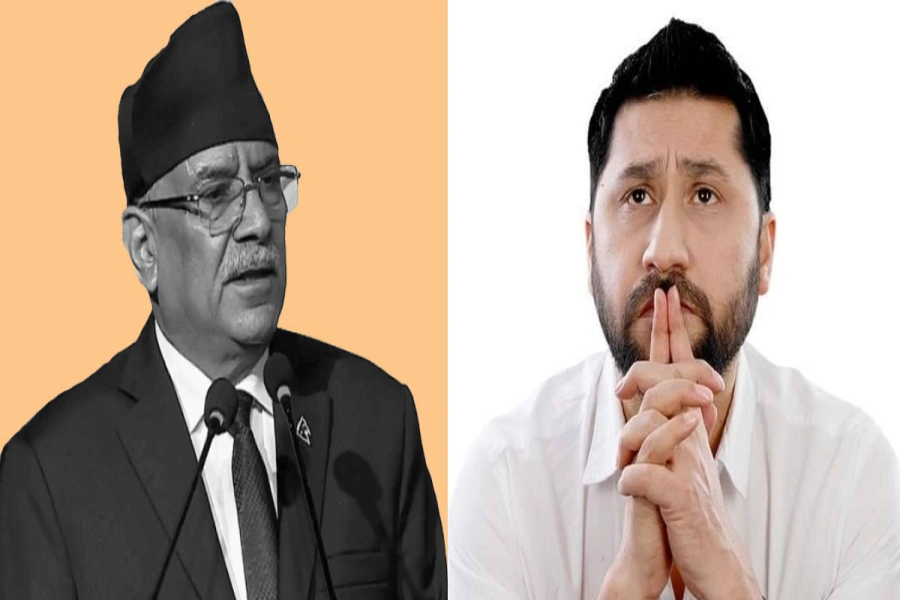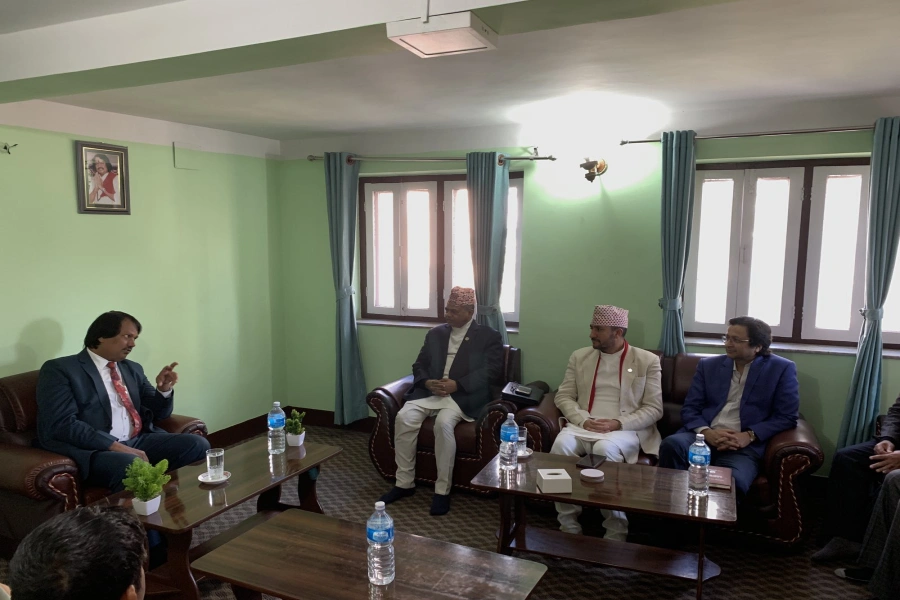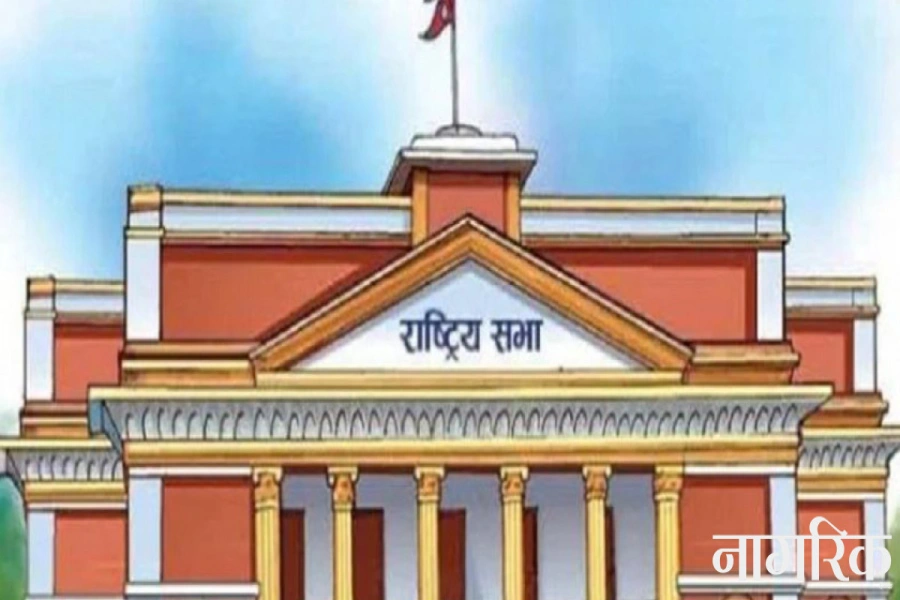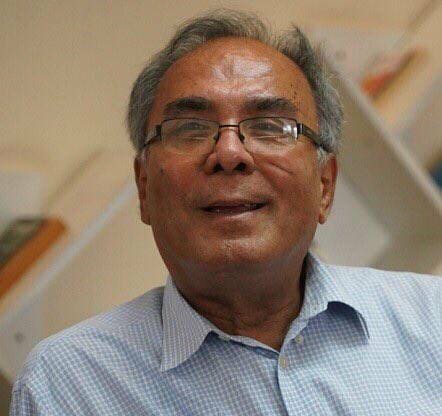Comprehensive Sexuality Education (CSE) teaches young people about various cognitive, emotional, physical and social aspects of sexuality. It provides crucial information, life skills and values to young people, enabling them to make informed choices with regard to their health and sexuality. CSE in Nepal is in its infancy in terms of its provision and delivery to young people. The policy of Nepal is heavily focused on maternal and child health care practices, with CSE rarely discussed in those matters. While there are many overlapping components of maternal and child health with CSE, CSE is much broader.
The Nepal government is committed to providing sexuality education, but the question of whether or not it is comprehensive remains to be answered. Various national level policies reflect the government’s commitment towards sexuality education and it is progressive for the most part. But, the government is fairly one dimensional in providing this education. The only CSE delivery mechanism of the government is based on CSE components in the curriculum integrated with the subject Health and physical education. However, since the subject is optional, not every young person has access to CSE. Furthermore, even those who do choose to study Health, CSE related components are often overlooked, under-emphasized or skipped altogether by the teachers. This leaves many young people with no access to potentially life-saving information that can help them make healthy choices about their bodies, lives and relationships. In the same way, the problem with a blanket approach to providing CSE solely through curriculum is that it ignores the specific context of any given place. The CSE needs of young people in Kathmandu can be very different from that of young people in Doti, which the curriculum fails to address.
Ties of tradition

Various NGOs and INGOs have started their efforts to tackle CSE related issues, but their efforts do not reach the population where they need it the most. Rural and remote places of Nepal, such as in the hill regions of Karnali and Sudur-Paschim province of Nepal remain isolated from these efforts. Other barriers in CSE delivery result mostly from socio-cultural norms of the society we live in where sex and sexuality are still considered to be taboo subjects. Sociocultural ideas have led to deeply rooted customs and beliefs. One of the obstacles that both students and teachers had to overcome was skipping the chapters and being hesitant while discussing CSE with the class. This typically occurs as a result of teacher’s embarrassment and reluctance since they find it uncomfortable to talk about CSE with people who are related to them while they are present in the classroom and the cases where teachers knew the students' families or were linked to them were high. In the end, oftentimes, teachers ask their students to learn about CSE by the help of the internet.
The educational system is being entirely transformed by the internet. Students who wish to learn more, concerning a subject matter in depth can gain advantage from having access to an endless amount of content. Students have been benefitting immensely from accessing the internet to learn about CSE. It could be one of the ways to bridge the CSE gap among young people in Nepal. Search engines such as Google and Bing, and social media platforms such as YouTube and Facebook have made seeking and receiving any kind of information, including that of CSE, very easy. In addition, artificial intelligence platforms such as ChatGPT have only made it easier to get this information. Having access to the internet has been an invaluable resource to students in their CSE education in different ways.
An array of resources covering a wide range of CSE topics can be accessed on the internet, such as research paper, textbooks, academic publications and videos of lectures. Students are able to dive into specific fields of interest and explore topics at their own pace with the assistance of these educational materials, which provides them thorough explanation lessons, and examples. In the same manner, students are also able to connect with fellow learners, experts and academics globally through online platforms and groups focused on CSE. Students will also learn from other people's perspectives and firsthand knowledge in a collaborative learning environment whenever they engage in discussions and share ideas. Additionally, it also benefits students who may find it troublesome to talk or learn about sexuality in the presence of others, so the use of the internet can help students in exploring subjects in solitude with no fear or concern of shame or judgment because of digital resources.
While there are many advantages to using technology to learn about CSE, one needs to recognize that there are inherent disadvantages to using technology exclusively to learn about CSE. One of the disadvantages of using technology to learn CSE is that the students may feel overwhelmed by the plethora of information available online, finding it challenging to separate reliable and accurate sources from outdated and deceptive information. This makes it more challenging for the students to learn, unlearn and relearn new information. That is why it is essential for CSE specialists/ experts to remain updated on new technologies and trends. There is also a risk of exposure to inappropriate content. Youths looking for information regarding CSE may unintentionally come across explicit or inappropriate content that is not suited for their age or level of maturity due to the vastness of the internet. Additionally, the internet also raises concerns about data security and privacy regardless of how it provides a private space to acquire knowledge about the sensitive subjects. People might be cautious or doubtful to use internet sources due to the fear that their private information could be stolen or exploited.



